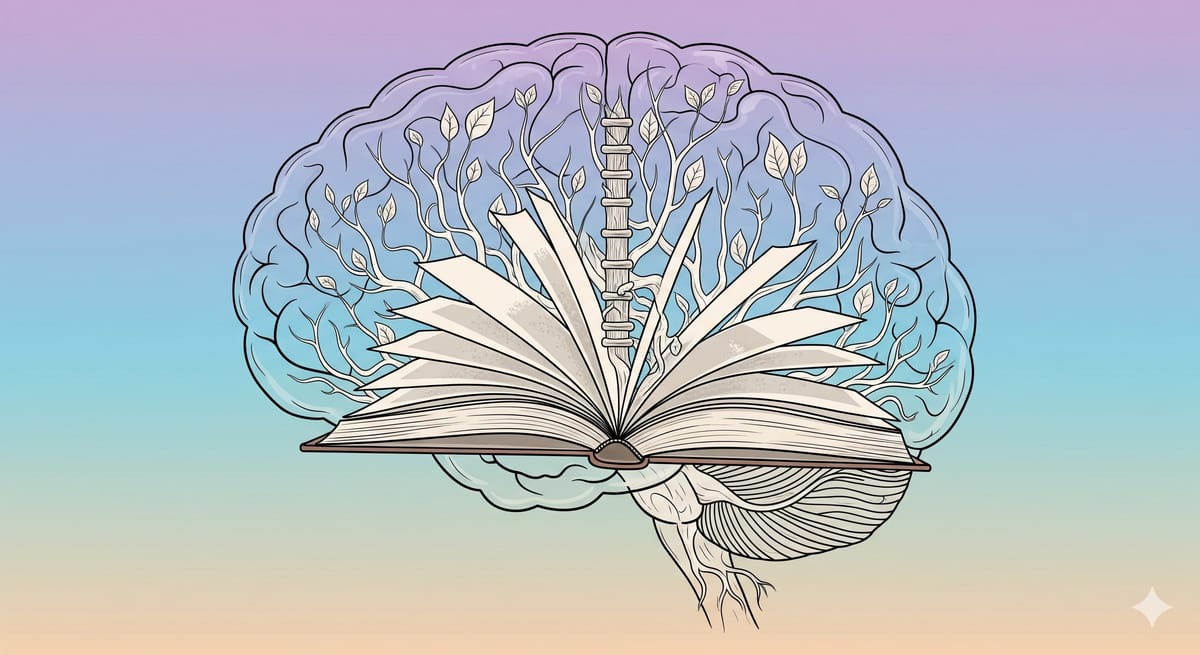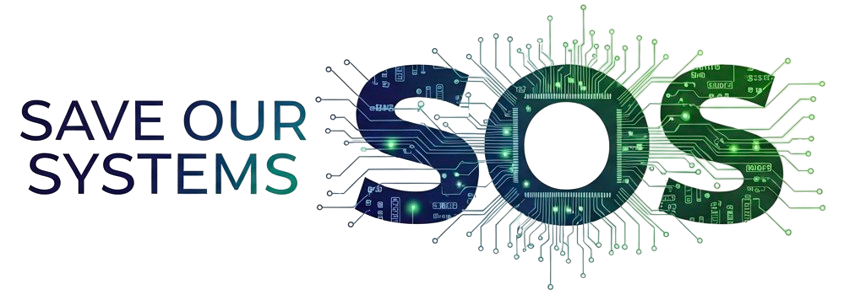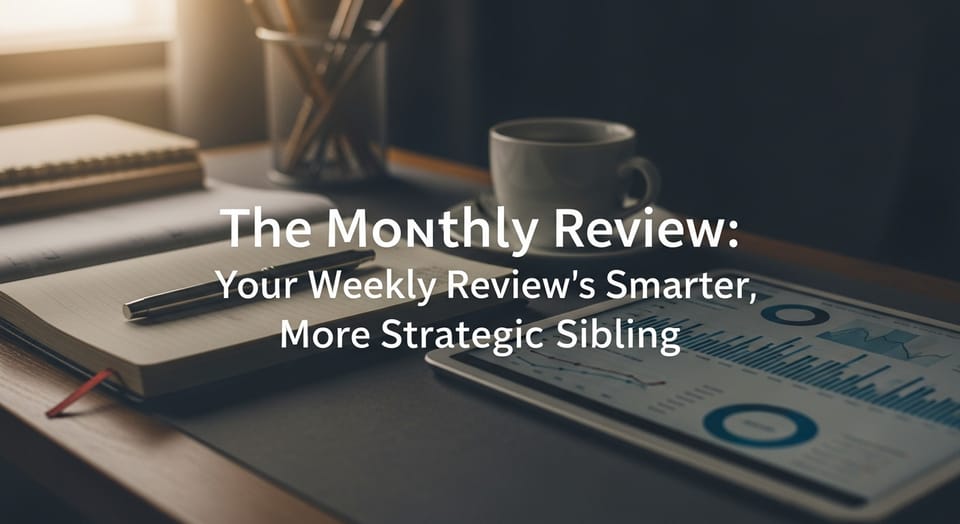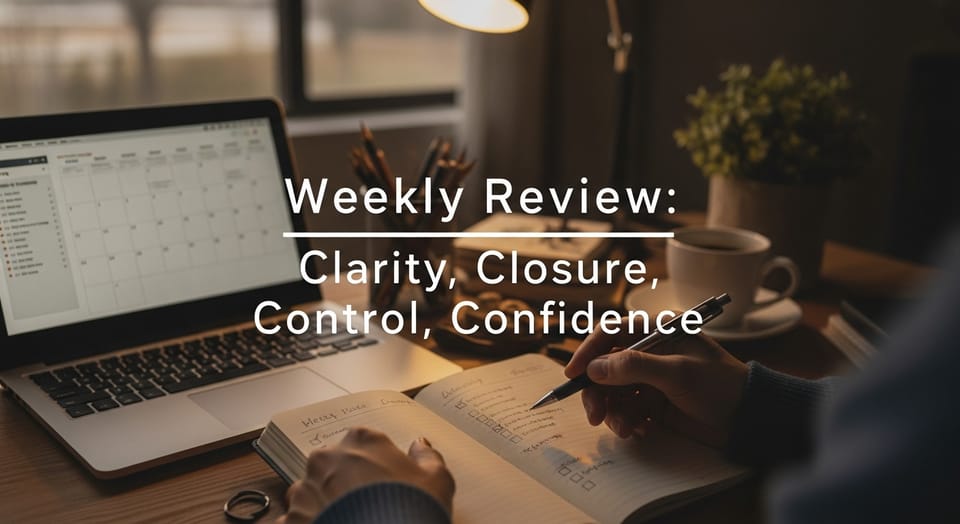Reading: The Ultimate Digital Detox Your Brain Is Begging For

In a world dominated by screens and constant digital stimulation, your brain is quietly craving relief. The solution? It might be as simple as picking up a book. Reading offers a powerful antidote to our hyperconnected lives while simultaneously enriching our minds in ways that scrolling never can.
The Mental Sanctuary of Reading
The average American spends over 7 hours daily staring at screens. Behind those glowing rectangles lies a barrage of notifications, updates, and endless content streams designed to fragment our attention. Reading books offers a radical alternative: a space where deep focus isn't just possible but necessary.
"Digital detoxification through reading provides a meaningful escape from the constant stimulation of computers and smartphones," notes research from Sussex University, which found that reading can reduce stress levels by up to 68% - outperforming other relaxation methods like music listening or walking.
This isn't just about feeling good in the moment. The practice of sustained attention that reading demands actually trains our brains to maintain focus in other areas of life. Unlike the constant task-switching of digital media consumption, reading encourages us to follow a single narrative thread or concept, rebuilding our capacity for deep work and thought.
A Natural Enhancement
The benefits multiply when reading moves outdoors. Studies published in Environmental Health Perspectives demonstrate that combining reading with time in natural settings creates a powerful wellness cocktail: reduced stress hormones, lowered blood pressure, and improved cognitive function.
"Reading under trees isn't just poetic - it's a neurological power move," explains Dr. Gregory Bratman, whose research at Stanford University showed that nature experiences significantly reduce rumination and negative thought patterns. "When you pair the cognitive benefits of reading with the stress-reduction effects of natural environments, you're essentially giving your brain a super-treatment."
This dual approach addresses two modern deficiencies simultaneously: our disconnection from sustained thought and our separation from natural environments.
Beyond Relaxation: Reading as Growth
While the stress-reduction benefits alone would make reading worthwhile, books offer much more than temporary escape. They represent one of humanity's most effective tools for knowledge transfer and skill development.
Research published in Reading Research Quarterly found that reading exposes individuals to 50% more unique words than television programs, directly improving vocabulary and communication abilities. This linguistic advantage extends to professional contexts, where strong communication skills consistently rank among employers' most desired qualities.
For those concerned with cognitive longevity, the news gets better. A study in Neurology found that regular reading throughout life is associated with a 32% lower rate of cognitive decline. The mental stimulation provided by reading helps maintain neural pathways and cognitive function well into older age.
"Books are weightlifting for the brain," says neuroscientist Dr. Susan Greenfield. "The neural pathways activated during deep reading strengthen cognitive muscles that might otherwise atrophy in our digital environment."
The Empathy Machine
Perhaps most fascinating is reading's ability to enhance our social understanding. Research published in Science by David Kidd and Emanuele Castano found that literary fiction readers performed significantly better on tests measuring empathy and social perception.
"When you read fiction, you're essentially practicing mind-reading," explains Kidd. "You're constantly trying to understand characters' motivations, perspectives, and emotional states - the same skills needed for successful human interaction."
This finding has profound implications in an era when political and social polarization continues to rise. Regular readers appear better equipped to understand perspectives different from their own, potentially bridging divides that other forms of media might exacerbate.
How to Reclaim Reading in Your Life
For those convinced of reading's benefits but struggling to incorporate it into busy schedules, consider these evidence-based strategies:
Start small but consistent. Research on habit formation suggests that consistency matters more than duration. Begin with just 10-15 minutes of reading daily, perhaps replacing part of your social media time.
Create a dedicated reading environment. Remove digital distractions and designate a comfortable space specifically for reading. Environmental cues help trigger behavioral patterns.
Combine with other positive habits. Take your book outdoors when weather permits, or read before bedtime instead of scrolling (the latter has the added benefit of improving sleep quality).
Join a reading community. Whether online or in-person, discussing books with others enhances motivation and deepens understanding.
Balance types of reading. Mix educational reading with purely pleasurable fiction to address both growth and relaxation needs.
The Bibliotherapy Revolution
Beyond general benefits, targeted reading can address specific psychological needs - an approach called bibliotherapy. Mental health professionals increasingly prescribe specific books for patients dealing with everything from anxiety to grief.
"The right book at the right time can articulate feelings we struggle to express ourselves," explains bibliotherapist Ella Berthoud. "There's tremendous relief in recognizing your experience reflected in literature, knowing you're not alone in what you're feeling."
This therapeutic aspect of reading offers something algorithm-driven content rarely provides: carefully crafted narratives that respect the complexity of human experience rather than reducing it to simplistic takes designed for engagement metrics.
Digital vs. Physical Reading
While e-books offer convenience, research suggests physical books may provide additional benefits. A study published in Brain Connectivity found that the tactile experience of paper pages enhances reading retention. The physical dimensions of a book also provide spatial memory cues that help readers remember information better.
"When you read a physical book, you're creating a mental map that includes not just what you read, but where in the book you read it," explains neuroscientist Dr. Maryanne Wolf. "That spatial component appears to enhance memory formation."
However, both digital and physical reading offer significant advantages over non-reading activities, so the most important factor remains simply making reading a regular habit, regardless of format.
The Countercultural Act of Reading
In an economy built on capturing and monetizing attention, choosing to read books represents a small act of rebellion - reclaiming your cognitive resources for deeper, more intentional use.
"Reading has become countercultural," notes author Cal Newport. "It represents a choice to value depth over convenience, focus over distraction, and active mental engagement over passive consumption."
This framing of reading as a deliberate choice rather than just another entertainment option helps explain why so many successful individuals prioritize reading despite busy schedules. Bill Gates, Warren Buffett, Barack Obama, and Oprah Winfrey all cite reading as crucial to their success and wellbeing.
A Return to Reading
The evidence is clear: regular reading offers a remarkable array of benefits for mental health, cognitive function, and personal development. In an era of digital overload, books provide not just an escape but a path toward more focused, empathetic, and intellectually rich lives.
As technology continues transforming how we work and interact, the ancient practice of sitting with a book offers something increasingly precious: the space to think deeply, feel fully, and connect with ideas that transcend the limitations of algorithmic recommendation systems.
Your brain is indeed begging for a digital detox - and books might be the perfect prescription.
Sources
- Bavishi, A., Slade, M. D., & Levy, B. R. (2016). A chapter a day: Association of book reading with longevity. Social Science & Medicine, 164, 44-48.
- Kidd, D. C., & Castano, E. (2013). Reading literary fiction improves theory of mind. Science, 342(6156), 377-380.
- Berns, G. S., Blaine, K., Prietula, M. J., & Pye, B. E. (2013). Short and long-term effects of a novel on connectivity in the brain. Brain Connectivity, 3(6), 590-600.
- Lewis, D. (2009). Galaxy Stress Research. Mindlab International, Sussex University.
- Bratman, G. N., Hamilton, J. P., Hahn, K. S., Daily, G. C., & Gross, J. J. (2015). Nature experience reduces rumination and subgenual prefrontal cortex activation. Proceedings of the National Academy of Sciences, 112(28), 8567-8572.
- Cunningham, A. E., & Stanovich, K. E. (1998). What reading does for the mind. American Educator, 22, 8-15.
- Wilson, R. S., Boyle, P. A., Yu, L., Barnes, L. L., Schneider, J. A., & Bennett, D. A. (2013). Life-span cognitive activity, neuropathologic burden, and cognitive aging. Neurology, 81(4), 314-321.




